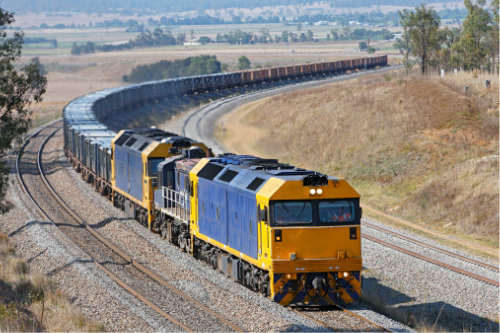

With the coronavirus pandemic restricting movement between countries, the issue of smuggling appears to have temporarily fallen off the radar. However, international freight insurer TT Club is keen to put the matter back in the spotlight.
The company notes that “clandestine migration” has long been a problem for the transport sector – and it is a persistent threat to the unitised supply chain.
“No mode of transport can be considered exempt from clandestine movement of people,” the insurer wrote. “However, the risk is greatly heightened during the road modality. In Europe, BSI Supply Chain Services and Solutions statistics highlight that 86% of recorded incidents involve movement of cargo by road, which in the case of the UK also often involves a ferry crossing.”
The firm notes that COVID-19 has not lessened the danger. In fact, it suggests that border control measures have simply been shifted and migrant smugglers have been increasing via small boats and cross river borders, including the English Channel. From the perspective of the freight industry, the shift has been to hiding irregular migrants in concealments in freight vehicles and cargo trains.
“Our first consideration of course must be with the well-being of the migrants themselves, who are often victims of criminal activities and whose lives are often at risk,” said TT Club’s managing director, loss prevention Mike Yarwood. “In terms of the liabilities that transport operators are exposed to, however, TT Club is warning of potential physical damage to cargoes, additional freight costs, vehicle and equipment detention, fines, penalties and reputational damage.”
It notes that criminal organisations are often at the heart of this sort of movement and now the easing of restrictions may further exacerbate the problems.
“This might be a particular danger as regards potential movement into the UK,” said Yarwood. “Although cross-border freight services are still running during the COVID lockdown and therefore providing opportunities to migrants, it is likely that there are large numbers of people currently unable to move, who may want to cross to the UK and will attempt to as the restrictions on movement are lifted at first gradually and then fully.
“Constant vigilance and awareness are the only ways to combat stowaways in these types of transport. Vehicles should be checked regularly en-route to ensure that they have not been entered, particularly after stops when left unattended.
“While owners, operators or drivers may contract with third parties to conduct the required checks on their behalf, they are likely to remain liable to any penalty and/or loss incurred. Consequently, due diligence in the selection of such contractors is critical.”
